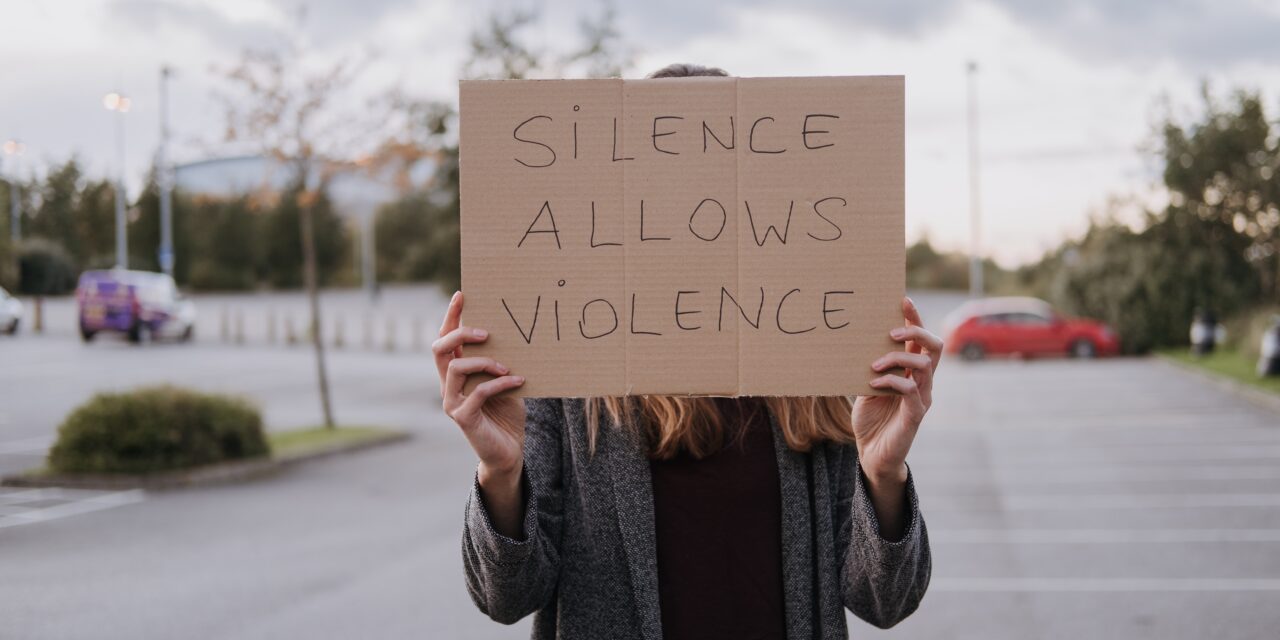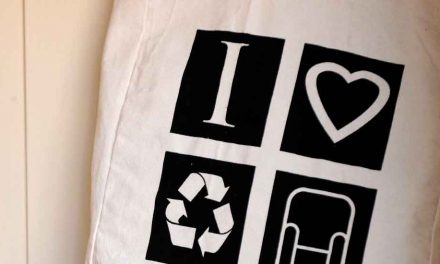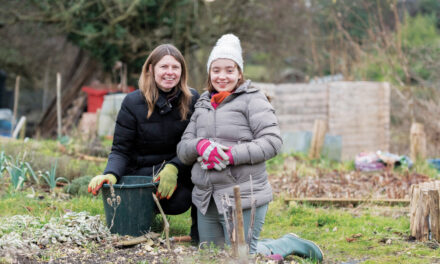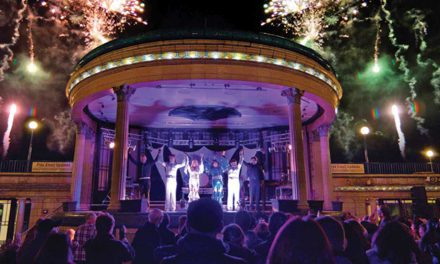Trigger warning: contains references to abuse
“My husband would beat me daily. I desperately wanted to leave, but my parents and in-laws encouraged me to make it work. They would say to me: What will people say? The fear of bringing shame and the lack of family support trapped me in that marriage for 14 years.”
Kal, Helpline caller. (Quote taken from the Karma Nirvana website)
14 July marks National Honour-Based Abuse Awareness Day, in honour of Shafilea Ahmed and all victims and survivors of honour-based abuse. Shafilea Ahmed was killed by her family in an honour-based killing in Bradford in 2003, when she was just 17.
What is honour-based abuse?
Honour-based abuse (HBA) is a form of domestic abuse that can take many forms, including child marriage, virginity testing, enforced abortion, forced marriage, female genital mutilation, as well as physical, sexual and economic abuse and coercive control. HBA revolves around notions of honour, in which individuals are perceived to have brought shame on their family or community. These ideas are sometimes used to justify abuse and violence.
Who is affected by honour-based abuse?
HBA affects people of all ages and genders, although it disproportionately affects women and girls. Parents, siblings, other family members and wider community members can all perpetrate HBA.
HBA is more prevalent within communities from South Asia, the Middle East, and North and East Africa, within various religions and cultures. However, abuse is unacceptable and cannot be justified as part of cultural or religious traditions. HBA is a form of domestic abuse, and all domestic abuse is illegal.
As the government’s Tackling Violence Against Women and Girls strategy notes, there is limited data on HBA, but there are an estimated 12 honour-based killings each year in the UK. Data shows that HBA victims and survivors tend to experience abuse longer than people experiencing other forms of abuse, and are at increased risk of serious harm, including homicide.
Getting involved for Honour-Based Abuse Awareness Day:
This Honour-Based Abuse Awareness Day, there are various ways you can get involved:
- Visit the Karma Nirvana website to learn more
- Record a message stating “We Remember” and share with Karma Nirvana
- Attend the free Zoom panel event about honour-based abuse and LGBTQ+ communities, delivered by Hidayah UK: Honour Based Violence Awareness Day Tickets, Thu 14 Jul 2022 at 18:00 | Eventbrite
- Share social media posts using #WeRemember
Support for honour-based abuse
If you or someone you know is in immediate danger, always call 999.
Karma Nirvana, the first specialist charity for victims and survivors of HBA, runs a helpline for victims and survivors, offers training for professionals, influences national policy and raises awareness of this type of abuse. Every year since 2015, Karma Nirvana has marked the “Day of Memory” on July 14, Shafilea Ahmed’s birthday, to honour her and the many other victims and survivors of HBA.
If you have been affected by honour-based abuse or other forms of domestic abuse, there are local and national support services that can help.
Local:
- Change, Grow, Live are the specialist domestic abuse service in East Sussex – Call 0300 323 9985or email Info@cgl.org.uk
- Clarion operates domestic abuse refuges in East Sussex. Email eastsussex@clarionhg.com for support.
- Hersana work in Sussex to support Black women and femmes experiencing gender-based violence. Call 0333 016 9610 or email advocacy@hersana.org
- Survivors’ Network offer specialist support after rape and sexual violence. Call 01273 203 380.
- Veritas Justice provide specialist stalking advocacy and support in Sussex. Call 01273 234 773
- Visit the Safe in East Sussex website for further information and resources on HBA.
National:
- Call the Karma Nirvana helpline between 9-5, Mon-Fri, on 0800 5999 247
- Call the 24-hour Domestic Violence Helpline for free on 0808 2000 247.
- Contact the government’s Forced Marriage Unit on +44 (0) 20 7008 0151




